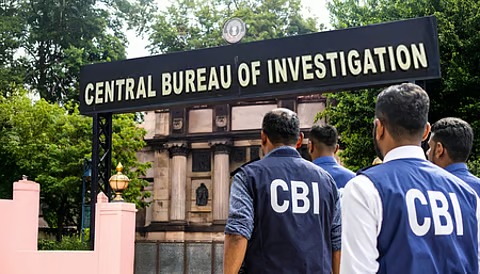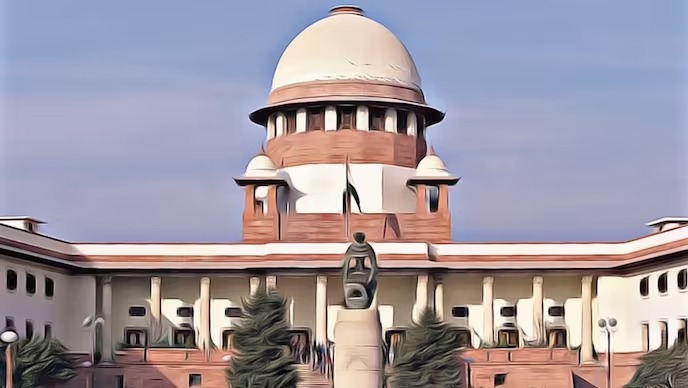K. Kannan, J.@mdashThe petition for eviction was sought on the basis that the tenant who was a private individual had sub let the premises to respondent No. 3 initially and later to the second respondent.(array of parties as stated in the rent control petition). The Appellate Court considered the contention of the tenant that respondent Nos. 2 and 3 Companies had been registered elsewhere and that the tenanted premises was used only as a postal address but held against the tenant factually he did not produce the records which ought to have been available if the registered office of the Companies were elsewhere and that the mere postal address of these Companies were at the demised premises. There was substantial evidence on whether any one else other than the petitioner and the immediate members of the family were actively associated with the business run which stood in the name of respondent Nos. 2 and 3. I am not prepared to reopen the factual rendering of the Appellate Court that the business of R-2 and R-3 did exist at the first floor. The point however, is whether the existence of business of these two Companies at the demised premises in both of which the petitioner had a predominant part would make a difference.
2. Learned counsel for the tenant would cite to me several decisions of the Supreme Court relating to association of the tenant with others for running partnership business where the Courts have held that so long as the tenant did not completely part with possession to such partnerships, they would not constitute sub letting. Learned counsel also cites to me a judgment of the Supreme Court in M/s Madras Banglore Transport Co. Vs. Inder Singh and others reported in 1986(2) RCR 377 where the premises occupied by the partnership firm as a tenant was allowed to be used by a Private Limited Company with the firm establishing such Company and allowed it to function in the same premises. The firm in that case continued to be in possession of the premises. The Court held that it was not a case of subletting. Learned Senior counsel appearing on behalf of the respondent-landlord would refer me to a three member Bench of the Supreme Court dealing with the incident of allowing the premises by the original tenant to be used by the subsidiary Company without concurrence of the landlord. The judgment in M/s Cox & Kings Ltd. Vs. Smt. Chander Malhotra 1997 (1) RCR 493 was a case where a British Company to which premises had been let had allowed the property to be used by the subsidiary Company. Relying on an earlier judgment rendered by itself in General Radio and Appliances Co. Ltd. Vs. M.A. Khader (dead) by L.Rs. 1986(2) RCR 283 (SC) where a three member Bench held that a tenant Company which has amalgamated to yet another Company and allowing for the continuance such an amalgamated Company must be taken in having resulted in a case of subletting the Court held that allowing a subsidiary company to occupy the premises amounts to transferring the premises. The Madras Banglore Transport Co.''s case(supra) cited by the counsel for the tenant was also cited before the Supreme Court in M/s Cox & King''s case (supra). The Supreme Court distinguished the judgment by finding that the limited Company and partnership were only on paper but one for practical purposes. In this case, the distinction in business was much more predominant. Here was a letting of the premises to a person who was having a business in Medicine was getting involved in another business constituting himself as one of the Managing Directors of the Company. It is not merely an instance of change of business that makes the difference. On the other hand, Cox & Kings''s case (supra) must be understood as laying down a proposition that when a Company comes into the premises to be engaged in an activity which cannot be seen as an activity of the individual to whom the property was let, then the business of the Company itself must be taken as resulting through a transfer of interest in the demised premises. I have no difficulty in saying that the activity of the tenant conflicted with the original term of letting and he had invited by his conduct an occasion for justifiable action for eviction by the landlord. The order of eviction passed by the Appellate Court is maintained and the revision filed is dismissed.

